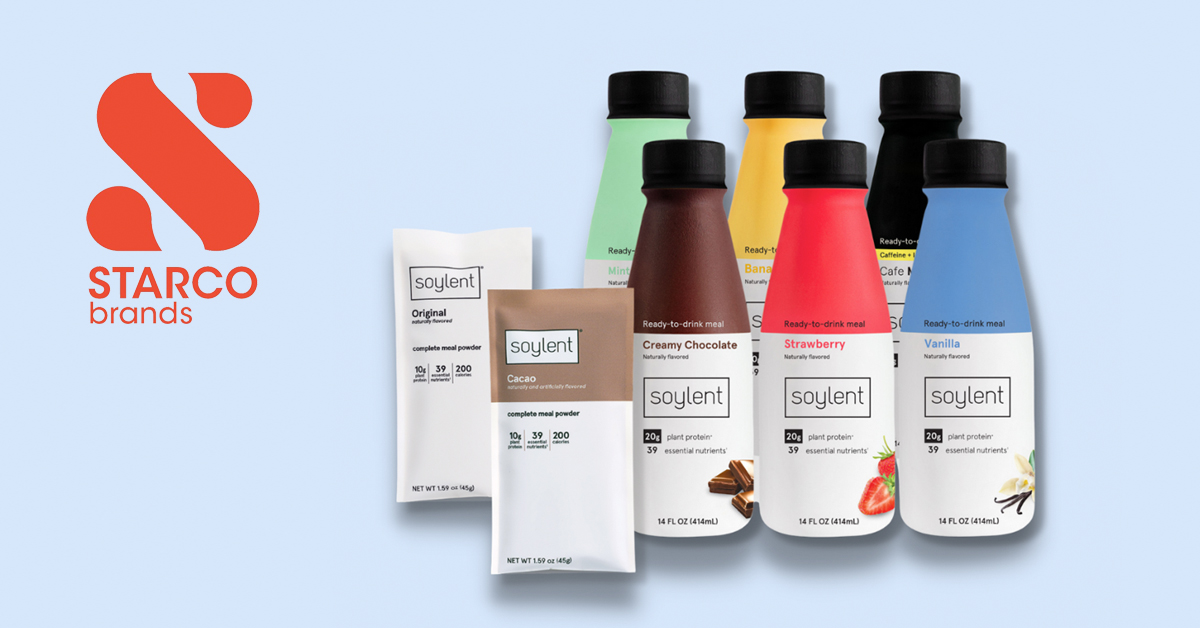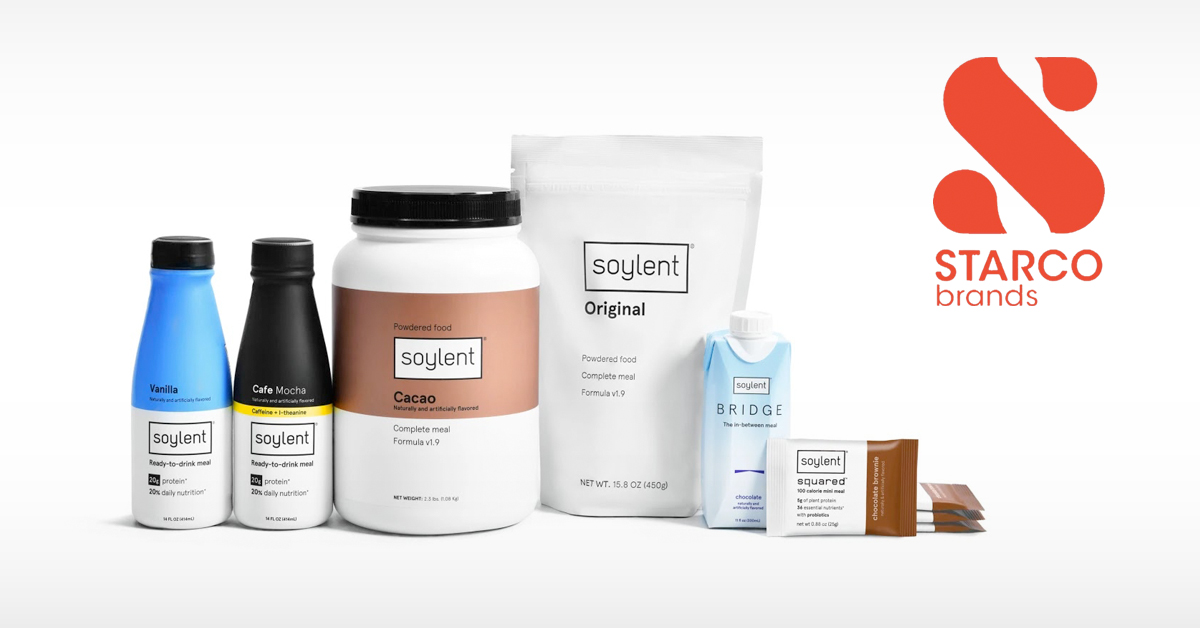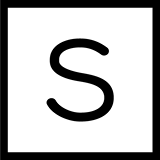Soylent CEO: Acquisition is ‘The Next Step in Our Evolution’

When plant-based nutrition brand Soylent began in 2013, it adopted a tech-influenced approach, dubbing its products Soylent 1.1, Soylent 2.0, and so on. Now, after its acquisition by CPG portfolio company Starco Brands earlier this week, the food and beverage maker is in stable release.
Demir Vangelov, who was appointed Soylent’s CEO in 2020 and who will continue to lead the company as an independent business unit, told NOSH that the brand is now planning to grow its brick-and-mortar retail business and expand Soylent’s reach with mainstream consumers.
“It’s really kind of the next step in our evolution,” he said. “Obviously, we’ve been around for a while. In the past three years, we’ve been able to stabilize our financials and started growing while maintaining positive cash flow and positive income. And when we started looking at opportunities to accelerate this growth, we kind of said ‘Now we know where we see growth. And we need to solve for our next stage of growth, which is marketing and innovation.’”
Vangelov said upon coming onboard as CEO in February 2020, Soylent was struggling to retain consumers despite spending a significant amount of money on marketing.
Over the past three years, Vangelov said he has worked to significantly overhaul Soylent’s strategy, while also stopping cash bleed and expanding the brand’s consumer base. His approach has now touched nearly all aspects of the business; in his first year Vangelov oversaw a reformulation of Soylent’s products to improve flavor and lower the glycemic index by removing nearly all sugar and artificial flavorings. While functionality is important, he said, his experience at Califia Farms taught him that “you cannot decouple that [from flavor] in the consumers’ eye.”
“As we continue to grow, we need to have a product that is not only competitive with other plant based products, but is competitive with any other nutritional shake out there,” he said.
While reformulating, the company also cut costs by optimizing its supply chain and manufacturing processes and rethinking its approach to marketing. While Soylent has long been associated with the biohacking and tech space – originally pitching itself as a total replacement for food in an appeal to output-focused coders and students – Vangelov sought to reinvent the brand for a mass audience by “softening the edges” and emphasizing its uses as a wellness beverage and an on-the-go snack.
At the end of 2022, Vangelov said around 50% of new Soylent consumers were female, compared to about a third of new consumers in past years.
At the same time, longtime customers were kept engaged with regular discounts and messaging that recognized their support.

Still, Soylent’s flagship RTD shake remains the leading product within its brick-and-mortar business, now at around 30,000 retail doors in the U.S. While the strongest sales have come through mass channel accounts such as Walmart and Target, the brand is growing its conventional grocery business as well with chains like H-E-B and, most recently, Publix. The company has also been “retooling” its retail sales and marketing teams, he added, as Soylent looks to deepen its footprint this year.
While raising more capital was one option for Soylent to continue its growth, Vangelov said the board of directors worried that would only prolong the company’s journey to an exit. Instead, the company began searching for a buyer last year and ultimately landed with publicly traded Starco.
Starco Brands CEO Ross Sklar told BevNET that the portfolio company – which also owns alcohol-infused whipped cream brand Whipshots and popcorn butter spray Winona Pure – seeks out “brands and technologies that are truly behavior changing” and it saw Soylent as a differentiated brand it could work to scale.
“From an M&A vantage point, we want to find things that have strength in team, have strength in financial, but also have a really interesting platform to grow,” Sklar said. “We’re pretty dangerous marketers. We’re also pretty dangerous innovators when it comes to R&D. So I think there’s a whole bunch of complementary skill set there that, when you put one plus one, can equal more than three.”
Although Sklar said it was too early to discuss specific plans, Starco does intend to bring an influencer-minded approach to marketing to Soylent, while also providing guidance on future innovation.
Soylent is the third acquisition by Starco Brands in the past six months, having previously purchased the Kobe Bryant-founded personal care brand Art of Sport in September 2022, followed by perfume company Skylar Body, Inc. in December.
Sklar acknowledged the stressed state of the M&A and investment market amid an uncertain economic climate, which he said he created an environment where “there’s a tremendous amount of high quality assets that are available.” But after capping off a string of notable acquisitions, he said Starco’s next step is to focus on its newly expanded portfolio and execute.
“We like to be opportunistic,” Sklar said. “That said, we do have a number of transactions that are under our belt, and we’re gonna take a deep breath after this one and get the organization going within the company. We think we’re really positioned quite well for the next couple of years.”


















